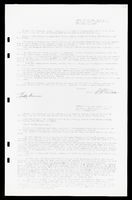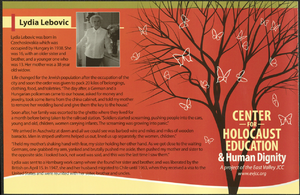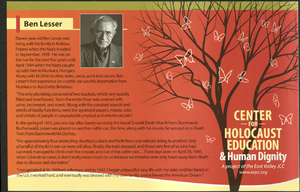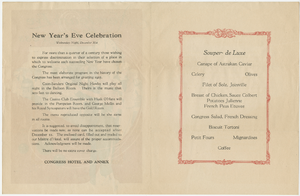Search the Special Collections and Archives Portal
Search Results
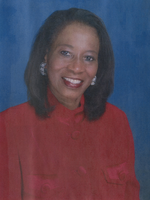
Photograph of Debbie Conway, circa 2006
Date
Archival Collection
Description
Color portrait photograph of Debbie Conway.
Image
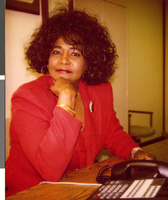
Series of three Polaroid photographs of Marzette Lewis at her desk
Date
Archival Collection
Description
Series of three color Polaroid photographs taken for the Hall of Fame showing Marzette Lewis at her desk.
Image
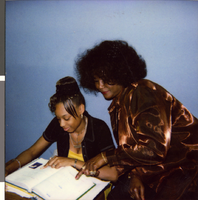
Series of two Polaroid photographs of Marzette Lewis with her Charles I. West Middle School math class
Date
Archival Collection
Description
Series of two color Polaroid photographs of Marzette Lewis with her math students.
Image
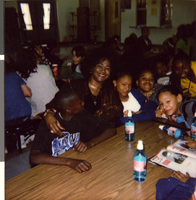
Series of two Polaroid photographs of Marzette Lewis with her Charles I. West Middle School students at lunch
Date
Archival Collection
Description
Series of two color Polaroid photographs of Marzette Lewis with her students in the cafeteria.
Image
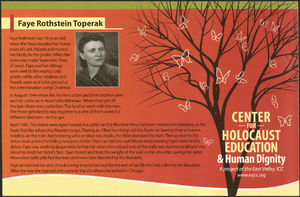

Erika Castro interview, November 12, 2018: transcript
Date
Archival Collection
Description
Interviewed by Maribel Estrada Calderón. Barbara Tabach and Laurents Banuelos-Benitez also participate in the questioning. Erika Castro was born in Mexico City in 1989. At the age of three, she migrated with her family to the United States. She remembers entering Kindergarten without knowing how to speak English. She graduated from the College of Southern Nevada. Castro has since been a political activist. Subjects: PLAN, Planned Parenthood, Environmental Justice, UndocuNetwork, Deferred Action for Childhood Arrivals, DREAM Act
Text

